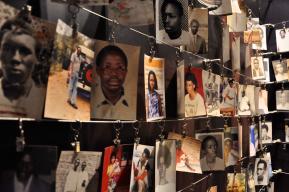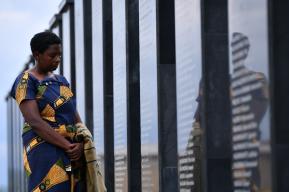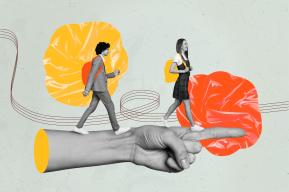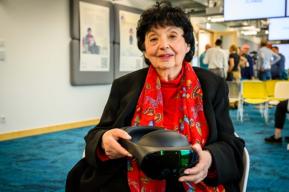Article
UNESCO social media study exposes virulent Holocaust denial and distortion
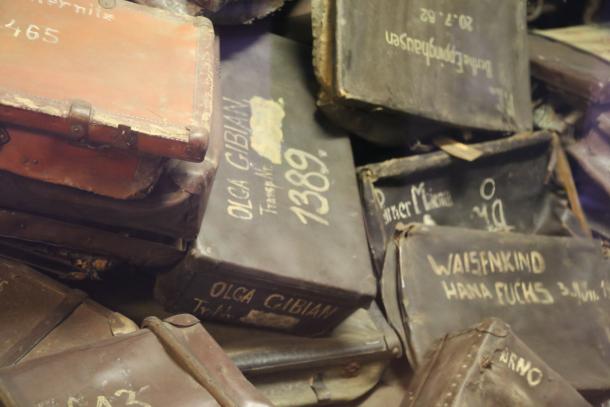
Despite decades of historical research, millions of hours of recorded witness testimony, and the preservation of documents, photographs and other evidence in museums and archives, Holocaust denial and distortion continues to proliferate at alarming rates online.
A new report launched on 13 July 2022 by UNESCO and the United Nations, in partnership with the World Jewish Congress, finds that 16.2 per cent of Holocaust-related content on major social media platforms denies or distorts the fundamental facts. On Telegram, which lacks targeted content moderation or community guidelines related to the Holocaust, nearly half (49 per cent) of all relevant material featured denial or distortion.
At its most extreme, distortion uses social media to glorify the Holocaust. These narratives do not question the veracity of the historical record, but celebrate it, calling for further violence and promoting genocidal ideologies. Other posts mock the history and memory using humour and coded memes, which risk the widespread transmission and normalization of narratives that belittle the suffering of the victims and provide entry points for radicalization.
The study focused on content in English, French, Spanish and German on Facebook, Instagram, Telegram, TikTok and Twitter, with almost 4,000 content items assessed by researchers. 17 per cent of public content on TikTok that related to the Holocaust featured either denial or distortion, including in French (26%), German (20%), English (16%) and Spanish (4%). On Facebook, 8 per cent of publicly accessible Holocaust-related content either denied or distorted the history.
Internet companies and governments have a responsibility to monitor and take action when necessary to counter content that denies or distorts the Holocaust. They also have a responsibility to educate about the Holocaust. Platforms should add fact-check labels to verify information about the history of the Holocaust, such as Facebook and TikTok’s practice to redirect people to the joint UNESCO and World Jewish Congress website AboutHolocaust.org.
UNESCO works with Member States and partners to foster understanding of the causes and consequences of the Holocaust, how genocides happen, and encourage constructive. It provides guidance and tools to support textbook and curriculum revision, develop and revise policies, promote appropriate and relevant pedagogies, and enhance cooperation between formal and non-formal sectors of education, including with museums and memorials.
Read the report and learn more about UNESCO’s programme to address antisemitism and educate about the Holocaust.



